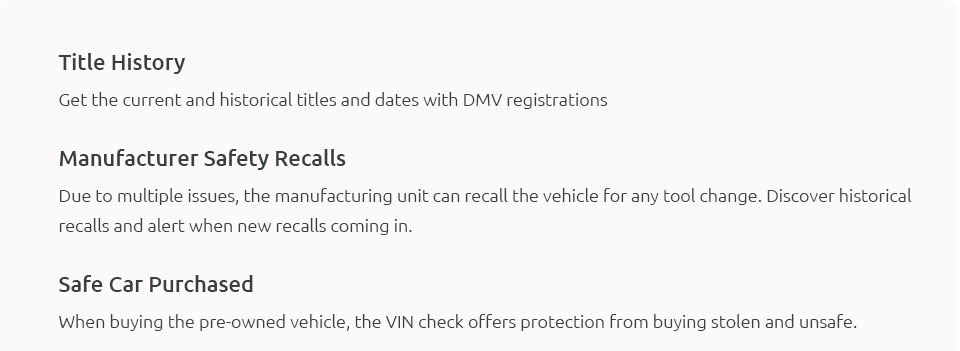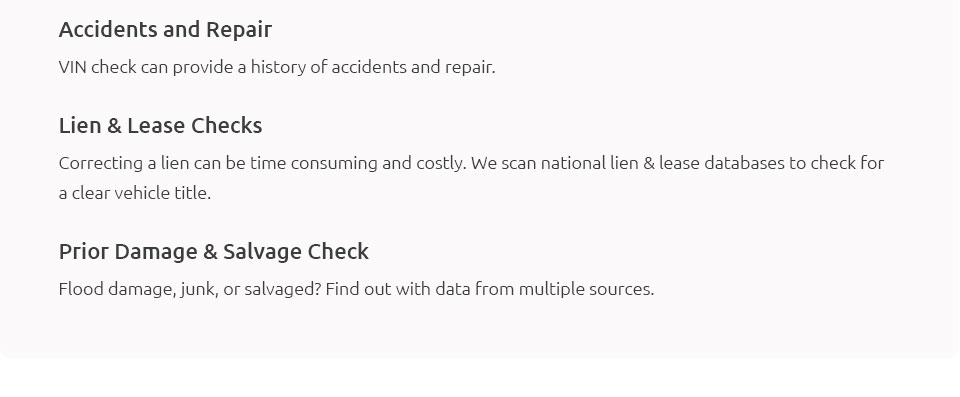 |
 |
 |
 |
 |
||
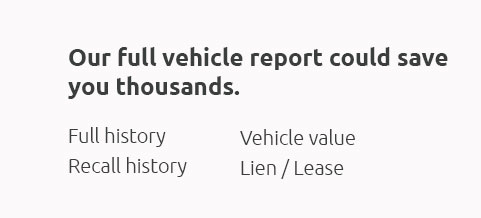 |
 |
|
 |
 |
|
 |
 |
 |
 |
||
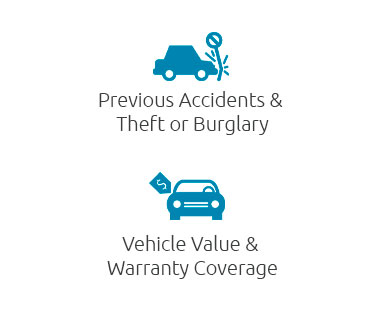 |
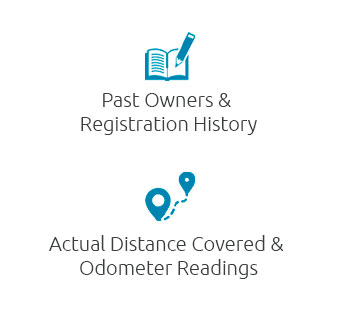 |
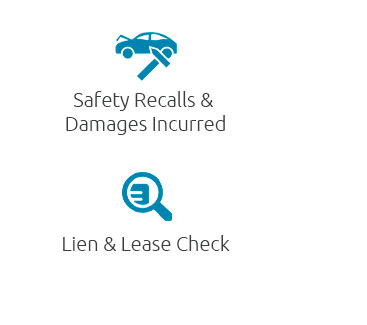 |
 |
 |
 |
||||
|
||||
 |
 |
Understanding Car Worth by VIN Number: A Comprehensive GuideIn today's rapidly evolving automotive market, determining the value of a car can be as complex as it is essential. One crucial tool in this valuation process is the Vehicle Identification Number, or VIN, a unique code that acts as a fingerprint for vehicles. But how exactly does one leverage a VIN to ascertain a car's worth? Let's delve into this topic, exploring various methods and their efficacy. The VIN is a 17-character sequence that contains a treasure trove of information about a vehicle, including the make, model, year, and place of manufacture. More than just a string of letters and numbers, it is a key that unlocks the vehicle's history, from its factory origin to its current state. This history is vital in assessing the car's value, particularly when considering the potential for undisclosed issues that could affect its worth. Various online platforms allow consumers and dealers alike to perform a VIN lookup to gather detailed vehicle histories. These services often reveal past accidents, title status, mileage discrepancies, and even recalls. The question then becomes: which service should one trust? Popular platforms like Carfax and AutoCheck have long been industry staples, yet the rise of new technologies and data aggregation methods have introduced additional players into the arena. Consider the subtle nuances between these services. Carfax is renowned for its extensive database, often praised for accuracy, though some argue it comes with a premium price tag. AutoCheck, on the other hand, provides a robust alternative with its comprehensive AutoCheck Score, which rates vehicles based on historical data. Meanwhile, emerging services offer specialized insights, such as atv vin search stolen, which focuses on theft records, a critical factor for some buyers. Furthermore, understanding the context of a vehicle's VIN can lead to a more informed purchasing decision. For instance, a gm vin number search might be particularly beneficial for those considering a General Motors vehicle, given the specific recall and service bulletins pertinent to this brand. By choosing a platform that aligns with the specific nuances of the vehicle in question, one can glean more targeted insights. Nevertheless, while VIN checks are an invaluable part of the car valuation process, they are not infallible. The accuracy of a report depends on the data input and the comprehensiveness of the database it pulls from. Therefore, it is advisable to use multiple sources when possible, to cross-reference data and ensure a more complete picture of the vehicle's history and, consequently, its worth. In conclusion, leveraging a VIN to determine a car's worth is a practice rooted in due diligence. The VIN provides a gateway to a vehicle's past, unveiling aspects of its history that can significantly impact its current market value. By selecting the right tools and approaching the data with a discerning eye, one can navigate the complexities of the car market with greater confidence. Whether you're a seasoned dealer or a first-time buyer, understanding the implications of a VIN search is a critical step towards making an informed investment. https://www.truecar.com/trade/
Find Your Car's Value and Get a TrueTrade Offer in Minutes. License Plate VIN. Enter VIN Number. Zip Code. Where is my VIN? Get Started. Is this vehicle a ... https://www.nerdwallet.com/article/loans/auto-loans/whats-my-car-worth
Understanding car values ... How you're selling it, if you're trading it in and who's paying for it affects a vehicle's estimated value. Here's a ... https://www.webuyanycarusa.com/how-much-is-my-car-worth
These tools take into account the make, model, year, mileage, and condition of your car to provide you with an estimated value. Knowing your vehicle ...
|

